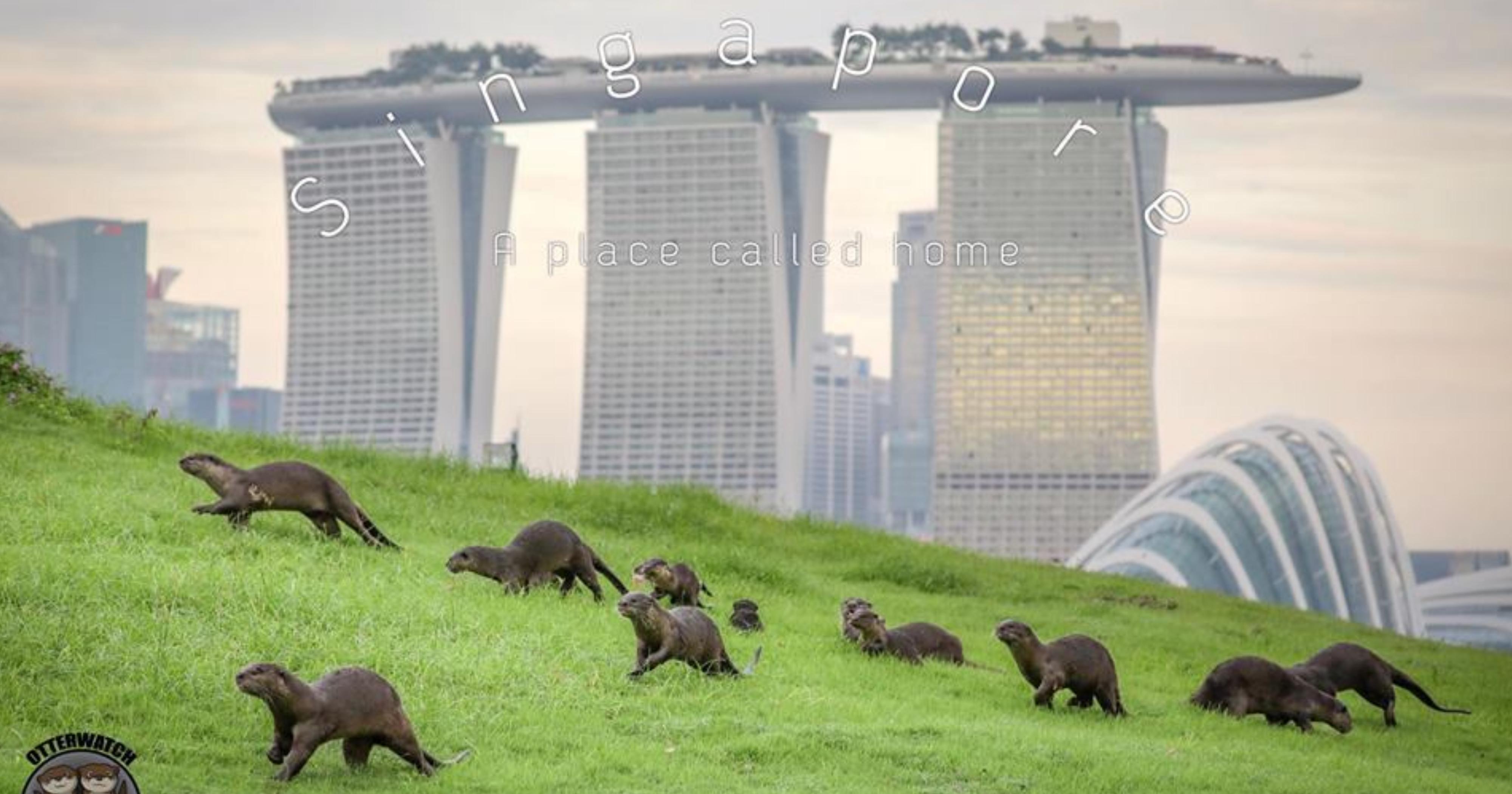The last we heard from Singapore's resident otters, a group of them were slightly lost after making a family trip to Changi Airport.
While a good number of Singapore's population find their antics adorable, some naysayers — especially, perhaps, those whose thousand-dollar koi were ravaged by them — insist that the otters will soon overrun the island and become pests.
This also bearing in mind the recent incident that saw an otter biting a five-year-old French girl, and its fallout:
So will the island someday be overpopulated by otters? A Facebook post by OtterWatch (a local community that keeps track of otter sightings) explains why that won't be happening anytime soon:
Here's our favourite quote from OtterWatch's post:"Some said that the otters will soon grow into thousands and then take over Singapore — these people probably know something the scientists and zoologists communities didn’t know."
Oh my. Saucy.
[related_story]
If you can't see it/are too lazy to read the post, here's a summary of the reasons the page shared:
1) Their mortality rate is higher than their birth rate.
2) There are limited and only a handful of suitable habitats for them in Singapore, and these spaces are mostly occupied.
3) Their territory can range up to 20 kilometres, and different otter families will chase away or kill other otters in order to defend their homes. The clashes in territories are proven by this incident:
As it is, the number of carcasses in OtterWatch's lab is higher than the number of otters they have helped.
Otters were in Singapore before there was Singapore
Incidentally, another tidbit shared in that post is that otters have been here long before we gained independence.
Due to urbanisation and the resultant loss of habitats, however, these critters had to leave Singapore.
Their population only started growing here again in the 1990s — even though it was perhaps only in recent years we started *actually* spotting them (and more importantly, documenting our sightings of them on Facebook, because does anything actually happen if we didn't post to Facebook about it?).
You can find out more about the history of the otters here:
Top image from OtterWatch.
If you like what you read, follow us on Facebook, Instagram, Twitter and Telegram to get the latest updates.
